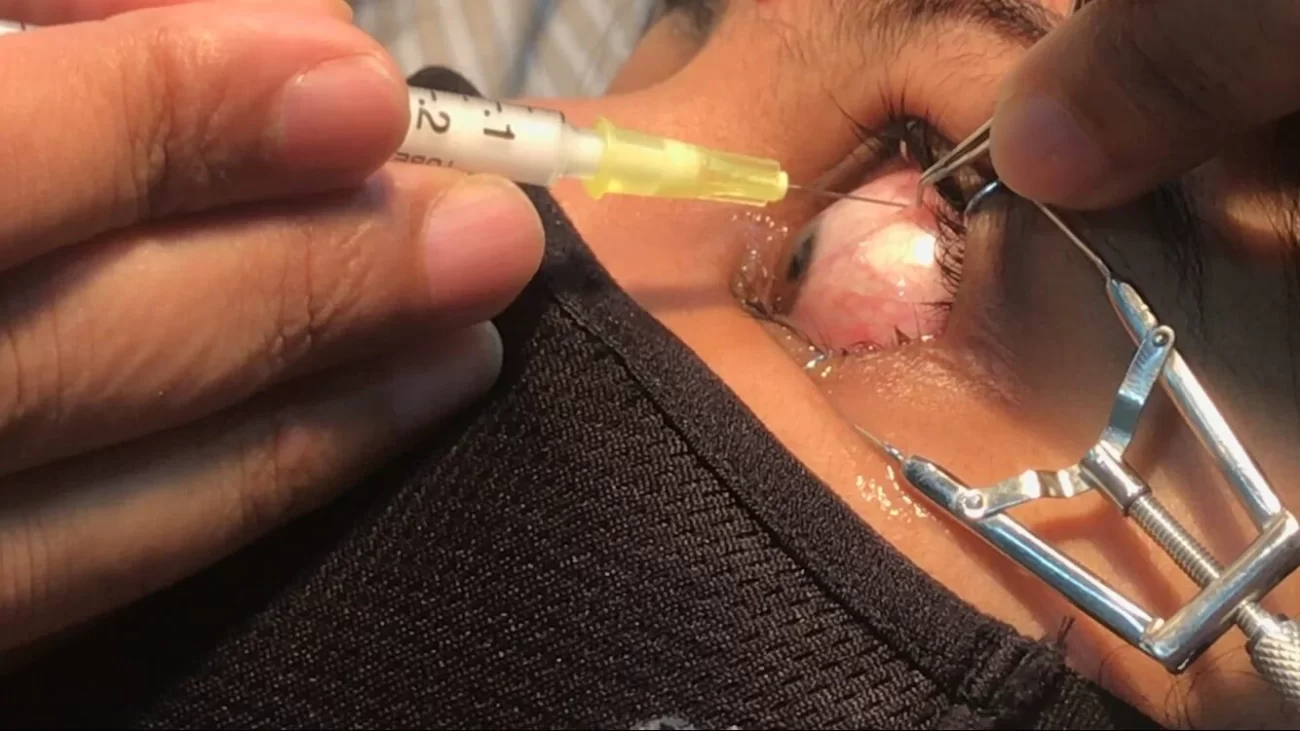Intravitreal injections have become a crucial treatment option for various eye conditions, including macular degeneration, diabetic retinopathy, and retinal vein occlusion. As this treatment gains popularity, understanding its costs is essential for patients seeking care and providers delivering it. In this guide, we delve into the factors influencing intravitreal injection prices and offer insights into navigating this aspect of eye care.
Basics of Intravitreal Injections price:
Intravitreal injections involve the administration of medication directly into the vitreous cavity of the eye. This targeted delivery allows for effective treatment of conditions affecting the retina and macula, which are crucial for vision. Medications commonly injected include anti-vascular endothelial growth factor (anti-VEGF) agents, steroids, and antibiotics.

Factors Influencing Intravitreal Injection Prices:
- Type of Medication: The cost of intravitreal injections varies depending on the type of medication used. Anti-VEGF drugs, such as ranibizumab (Lucentis) and aflibercept (Eylea), tend to be more expensive compared to steroids or antibiotics.
- Treatment Frequency: Patients often require multiple injections over time to manage chronic eye conditions. The frequency of injections can significantly impact the overall cost of treatment.
- Clinic or Hospital Fees: Intravitreal injections are typically performed in a clinical setting, either at an ophthalmologist’s office or a hospital outpatient department. Fees associated with the facility and professional services contribute to the overall cost.
- Insurance Coverage: Health insurance coverage plays a significant role in determining out-of-pocket costs for intravitreal injections. Coverage policies vary among insurance providers and may influence the financial burden on patients.
- Geographical Location: However, the cost of healthcare services, including intravitreal injections, can vary depending on the region or country. Factors such as local market dynamics and overhead expenses contribute to these variations.
Intravitreal Injection Costs:
Insurance Verification: Before undergoing intravitreal injections, patients should verify their insurance coverage and understand any associated copayments, deductibles, or coverage limitations.
2. Discussing Options with Healthcare Providers: Patients should openly discuss cost-related concerns with their ophthalmologists. Healthcare providers can offer insights into cost-effective medication options and potential financial assistance programs.
3.Exploring Financial Assistance Programs: Pharmaceutical companies and non-profit organizations often provide financial assistance or patient support programs to help offset the cost of intravitreal injections for eligible individuals.
4.Comparing Prices: Patients can inquire about the total cost of intravitreal injections, including consultation fees and medication costs, at different healthcare facilities. Comparing prices can help identify more affordable options.
5. Seeking Generic or Biosimilar Alternatives: When available, generic or biosimilar versions of medications may offer cost savings compared to brand-name drugs without compromising efficacy or safety.
Author Details:
Dr. Sushruth Appajigowda holds a prominent position as a Cornea, Cataract, Glaucoma, and LASIK Surgeon in Bangalore. He serves as the chief Cataract and Refractive surgeon at Vijaya Nethralaya Eye Hospital, Nagarbhavi Bangalore. Renowned as one of the finest LASIK surgeons nationwide, he brings with him over 12+ years of experience across multiple LASIK platforms, including ZEISS, ALCON, SCHWIND, AMO, and Bausch and Lomb. Having successfully conducted over 5000 LASIK procedures, Dr. Sushruth holds the title of a Certified Refractive Surgeon and a Fellow of the All India Collegium Of Ophthalmology. Author Details:

http://vijayanethralaya.com/link-in-bio/
Conclusion:
Intravitreal injections represent a valuable therapeutic option for managing various eye conditions, but understanding the associated costs is essential for informed decision-making. By considering factors such as medication type, treatment frequency, insurance coverage, and available financial assistance programs, patients can better navigate the financial aspect of intravitreal injection therapy.












